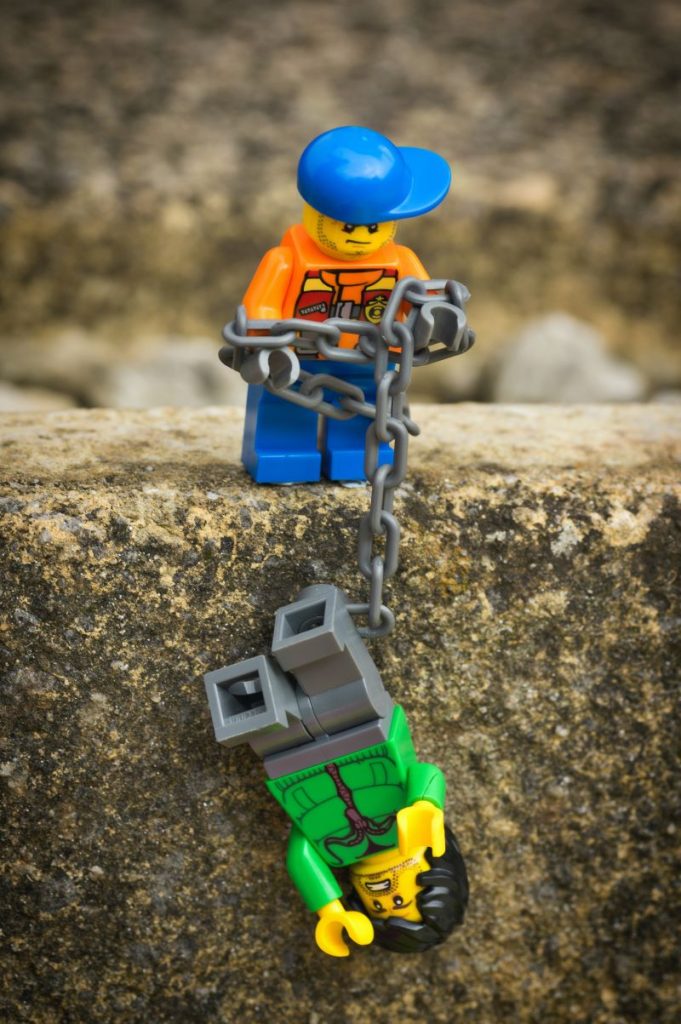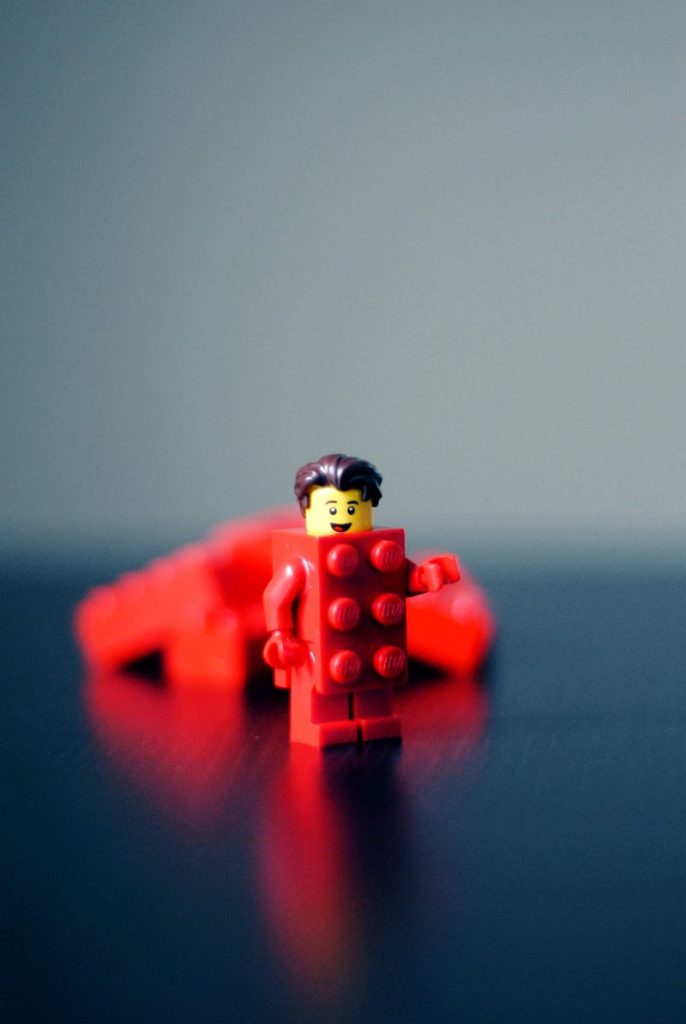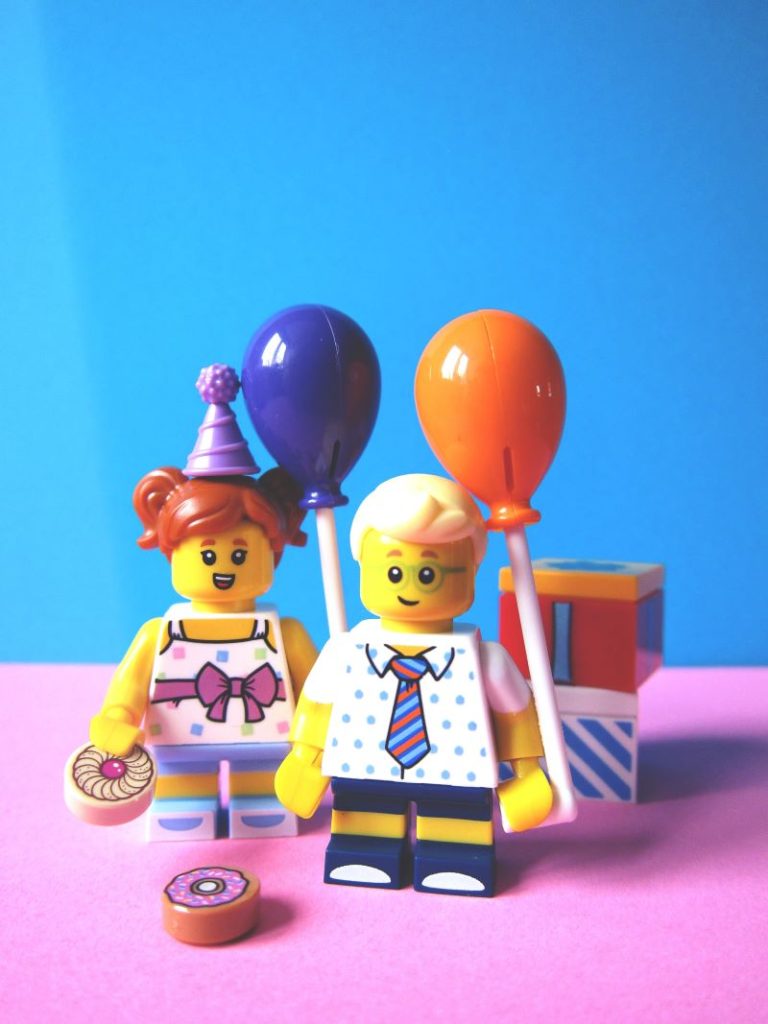3 eseuri grozave despre EROI – participante la concursul online organizat de FollowMe – ediția 2023

În perioada februarie – aprilie 2023, școala de engleză FollowMe a desfășurat un concurs online pentru copiii de toate vârstele, pentru a stimula creativitatea și a le oferi celor mici un spațiu în care să își exprime ideile și convingerile, în timp ce exersează limba engleză. Deși (formal) există câte un singur mare câștigător la fiecare secțiune în parte, revenim cu o selecție de lucrări excelente din categoria eseu, destinată copiilor care studiază engleza între 13-18 ani, care ne-au încântat nespus și pe care le-am savurat în procesul de jurizare. Le mulțumim participanților pentru că și-au făcut timp și au depus efort să ne împărtășească viziunea lor și îi felicităm călduros pe toți!
Tema eseului: What defines a hero? Do we still have heroes? Do we need heroes?
Tema aleasă anul acesta a dorit să facă loc ideilor tinerei generații pe un subiect din ce în ce mai rar abordat într-o lume globalizată, a punctelor de vedere multiple și a demitizării: aceea a necesității (sau nu) existenței eroilor în viețile noastre. Vrem să vedem dacă cei mai tineri mai cred – sau mai vor să creadă – în semeni de-ai lor și ce anume calități ar trebui să aibă aceștia pentru a le suscita admirația. Citește mai departe pentru a vedea puncte de vedere diferite, emoționante și cu un grad mare de optimism.

Elizabeth Julia ne demonstrează cum un erou poate fi în același timp și un răufăcător, în funcție de punctul de vedere și de tabăra din care privești evenimentele.
What makes a hero? Elizabeth Julia Pădurean – eseu câștigător
What makes a hero? One might think that a hero is one that has superpowers, like Wonder Woman or Superman. In fact, that was the traditional sense of the word, but the word ‘hero’ can mean many things.
A hero is not one with supernatural abilities, but someone who inspires and helps others. A hero is someone who exhibits courage, bravery, and selflessness in the face of adversity. They are admired for their noble qualities and actions, which inspire others to follow in their footsteps. Heroes can be found in various aspects of life, including fiction, mythology, history, and everyday life. Some heroes are known for their physical strength and prowess, while others are known for their intelligence, wit, and empathy. Ultimately, heroes are individuals who make significant contributions to society and who stand up for what is right, even when it is difficult or unpopular.
Many factors can influence what people think makes up a hero, and those factors vary from person to person. However, many of the same characteristics can be observed in modern-day heroes, such as courage, selflessness, or compassion are key in the making of a hero.
People today still consider certain individuals as heroes for their courageous acts and contributions to society. They may not wear capes or possess superpowers, but they exhibit qualities like perseverance, leadership and integrity that inspire others to follow in their footsteps. Examples of modern-day heroes include healthcare workers, emergency responders, activists, community leaders, and volunteers who dedicate their time and efforts to making the world a better place.
Honestly, it depends on one’s ideals to decide what makes a hero. In the end, the concept may differentiate very much from person to person, each believing something else based on how they were raised. For example, someone raised in a crime-ridden city may believe that a hero is one who stands up for justice, such as a police officer, or a brave witness coming forward to testify something against a criminal. Someone who was raised in a place where food was scarce may believe that a hero is one who shares their food with others, or works hard to sustain their family. A child with health problems might see their doctors, nurses, and maybe even friends as heroes, because they helped him in hard times.
Tilly Smith, nicknamed the ‘Angel of the Sea’, saved hundreds of lives in Thailand because of her quick thinking. This eleven-year-old used her knowledge of the sea to minimalize casualties by warning everyone on the beach about the upcoming tsunami.
In 2013, a 71-year-old man called William Ayotte heard his neighbor scream. When he went outside to investigate, he saw her being mauled by a bear. He displayed extraordinary courage by running up to her and hitting the bear in the eye with a shovel, earning him a medal of bravery and a place in Manitoban lore.
He didn’t start the day a hero, but when he made the decision to act, he joined a long tradition of everyday people displaying exceptional bravery. In this essay, we are dissecting the word hero in its’ most philosophical sense, but we have to consider the origins of the word. In itself, a hero is one with a cape and cowl, someone with superhuman abilities.
A hero is someone who has braved many dangers, slew many monsters and came back from battle victorious. But if we are still here, why don’t we discuss all the other people in a hero’s story, the ones that didn’t rise to glory.
When you think about the Trojan War, you might remember Achilles, the invulnerable warrior, as the hero of the story, the main character, if you will. But what of everyone else? The soldiers that hid inside the Trojan Horse? In the end, all the people that did not rise to glory as Achilles were still heroes, they were just not celebrated as much.
But we must remember that in every story, there exists a hero and a villain. Most times, the hero and villain are plain to see, black and white against colored paper… Or is it? Stories are written from the winner’s perspectives, just as history shows the winning sides as heroes and their opponents as villains.
Have you ever thought about what a common soldier thinks when he is sent to war? He does not see the winning side as heroes. Quite the opposite, he sees them as the villains of his story. Remember this: no matter how many people believe someone to be the hero of this story, there will always be someone who’s life was ruined by said hero.
Do you really think that the soldiers on the winner’s side celebrate the political gain of their country? No, I think that they simply no longer care. They have lost comrades, family members and friends, and have suffered trauma from serving on the battlefield. I don’t think they celebrate having won a war.
Instead, I think they mourn their losses. As Neville Chamberlain once said, whichever side may call itself the victor, the are no winners, but all are losers. In the end, heroes only exist if you look through the right person’s eyes. For every hero, there will be a villain, and for every hero, there will be someone who has lost because of their win.
But I believe that heroes are still needed, to provide hope in this world. We need heroes to keep us going, to provide someone to help you stand in difficult times, someone to idolize. Heroes, however small and unimportant they might be, provide hope for people, even if it’s just one person. It does not matter how many people you’ve helped. But if you managed to make one person’s life change for the better, you’re already a hero in my books.

Paul Todoran ne propune valori ale binelui – putere, voință, curaj, care să definească un erou și ne arată că avem nevoie de modele eroi pentru a ne stimula să dăm noi înșine ce avem mai bun.
Heroes – definition and importance. Paul Todoran
A hero can be defined in many ways. Traditionally, a hero is someone who embodies courage, bravery, selflessness, and nobility of character. Heroes are often associated with acts of valor, such as saving lives, fighting for justice, and protecting their community. However, the concept of heroism has evolved, and today, heroes can also be individuals who exhibit exceptional leadership, creativity, and innovation, or who make significant contributions to society through their work, art, or philanthropy.
Despite the changing nature of heroism, one thing remains constant: heroes inspire us to be our best selves. They serve as role models, demonstrating the kind of qualities and values that we aspire to have in ourselves. They show us that it is possible to overcome adversity, stand up for what we believe in, and to make a positive impact in the world. While heroes may seem like relics of the past, there are still plenty of modern-day heroes who are making a difference in our world. From doctors and nurses who risked their lives to care for COVID-19 patients, to activists who fight for social justice and equality, to everyday people who step up to help others in times of need, heroes are all around us.
The very concept of heroism has become more inclusive and diverse in recent years, as we recognize and celebrate the contributions of individuals from all walks of life. We see heroes in people of all ages, races, genders, and backgrounds, and in all areas of society, from business and politics to the arts and sports. So, do we still need heroes? Absolutely. Heroes inspire us to be our best selves and remind us of the power of human potential. They give us hope and motivation to work towards a better future, both for ourselves and for others.
At the same time, it is important to remember that heroism is not limited to extraordinary acts of valor or achievement. Sometimes, heroism can be found in the small, everyday acts of kindness and compassion that we show toward others. Whether it’s lending a listening ear, volunteering our time, or simply being there for someone in need, we all have the potential to be heroes in our own right. Of course, heroism does not come without its risks. Heroes often face adversity, criticism, and even danger in their pursuit of the greater good. Yet, it is precisely their willingness to take on these challenges that makes them so inspiring and admirable.
So, what can we do to cultivate heroism in ourselves and others? One way is to recognize and celebrate the heroism that already exists in our communities. By acknowledging and valuing the contributions of those who make a difference in our lives, we can inspire others to do the same. Another way is to promote values that are associated with heroism, such as courage, compassion, and selflessness. By cultivating these qualities in ourselves and encouraging them in others, we can create a culture that values and supports acts of heroism. Ultimately, heroes remind us that we are all capable of greatness and that we all have the potential to make a positive impact in the world. Whether it’s through extraordinary acts of courage or simple acts of kindness, we can all be heroes in our way. And in a world that can often seem dark and daunting, heroes give us hope, inspiration, and a reason to keep striving toward a better tomorrow.

Ana Maria Savu ne face să îi descoperim, prin eseul ei, pe eroii din mijlocul nostru, cei care se implică activ în viețile noastre.
Do we still need heroes? – Ana Maria Savu
When we think about heroes, most of the times, our thought goes to fictional characters Superman, Batman, Spiderman etc. However, in fact, anybody can become a hero . Looking for the word “hero” in a dictionary, the standard definition we are given is “ a person who is admired for their courage , outstanding achievements , or noble qualities”.
I would add that a hero is a person who is not afraid to fight for what he loves and who prioritizes the safety of those around him . A hero doesn’t have to wear a costume or to have superpowers in order to be called one , because what really matters is what comes from within .
While talking about if heroes still exist or not , we can also take a moment and appreciate the hard work that firefighters do. They are literally risking their lives for their job but still they manage to go out and save the world at any hour.l can never imagine myself being in a situation where I have to go somewhere and not be 100% sure that I am safe. So this is what makes me see them as real heroes in our society.
This job also doesn’t allow you to spend as much time as you want with your loved ones, so maybe the next time we see a firefighter, we should take a moment and try to imagine all the things that he or she has gone through.
As far as I am concerned, my hero and also my inspiration in life is my mum. I admire her the most for her intelligence and of course for her courage for bringing life into this world.
Whenever I feel like my life is breaking down into pieces, I always look up to her and I repeat to myself: „I’m a strong girl because a strong woman raised me.” Even though when we are little our favourite heroes are those fighting against villains, when we are adults, we come to the conclusion that we were blessed with an unique superhero since the day we were born.
Heroes are needed, because if they didn’t exist , we would have no one to look up to. Sometimes people think that being called a hero consists in saving the city from a villain , but small acts of kindness have the biggest impact , so we don’t have to move mountains to help , but rather use words which can turn to be the easiest way of encouragement and empowerment.
To conclude, I would like to reinforce the ideas previously mentioned by quoting from Tom McCall : „Heroes are not giants statues framed against a red sky. They are people who say: This is my community, and it’s my responsibility to make it better”.
Sursa foto: Unsplash
- Ms, Mrs si Mr in engleza. Ce înseamnă, când și cum se folosesc corect - 17 ianuarie 2025
- La ce vârstă învață copiii cifrele. Metode și activități - 18 decembrie 2024
- There is și there are în limba engleză. Când și cum le folosim corect - 16 decembrie 2024







